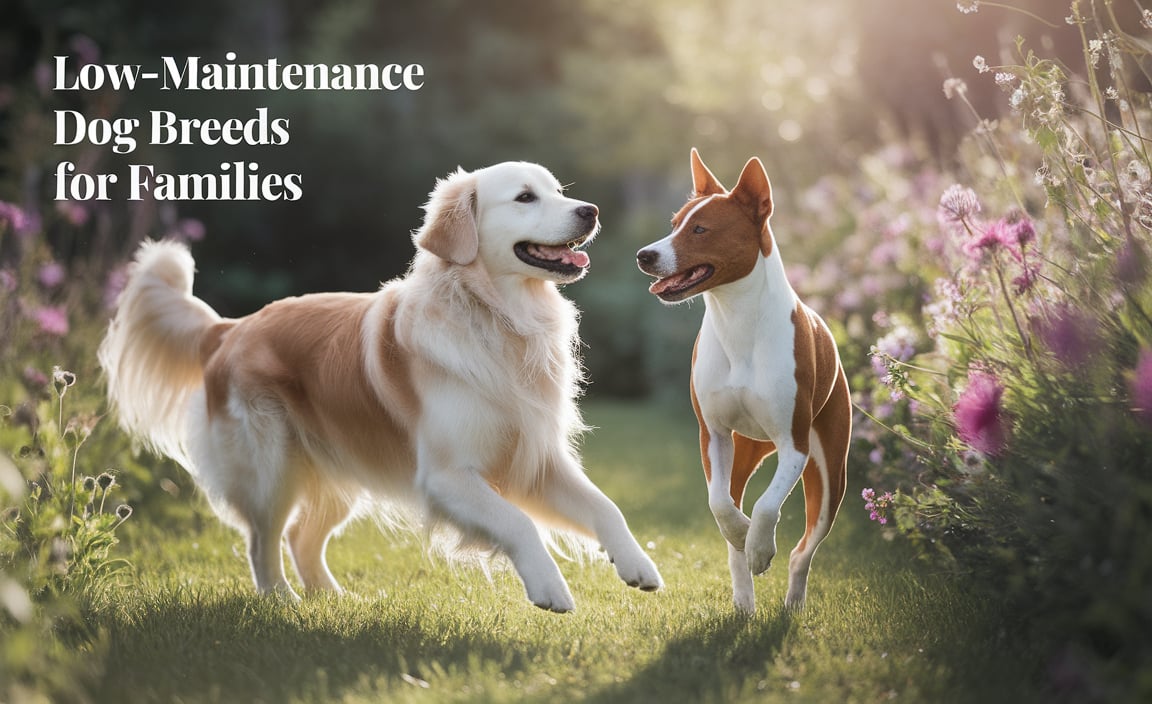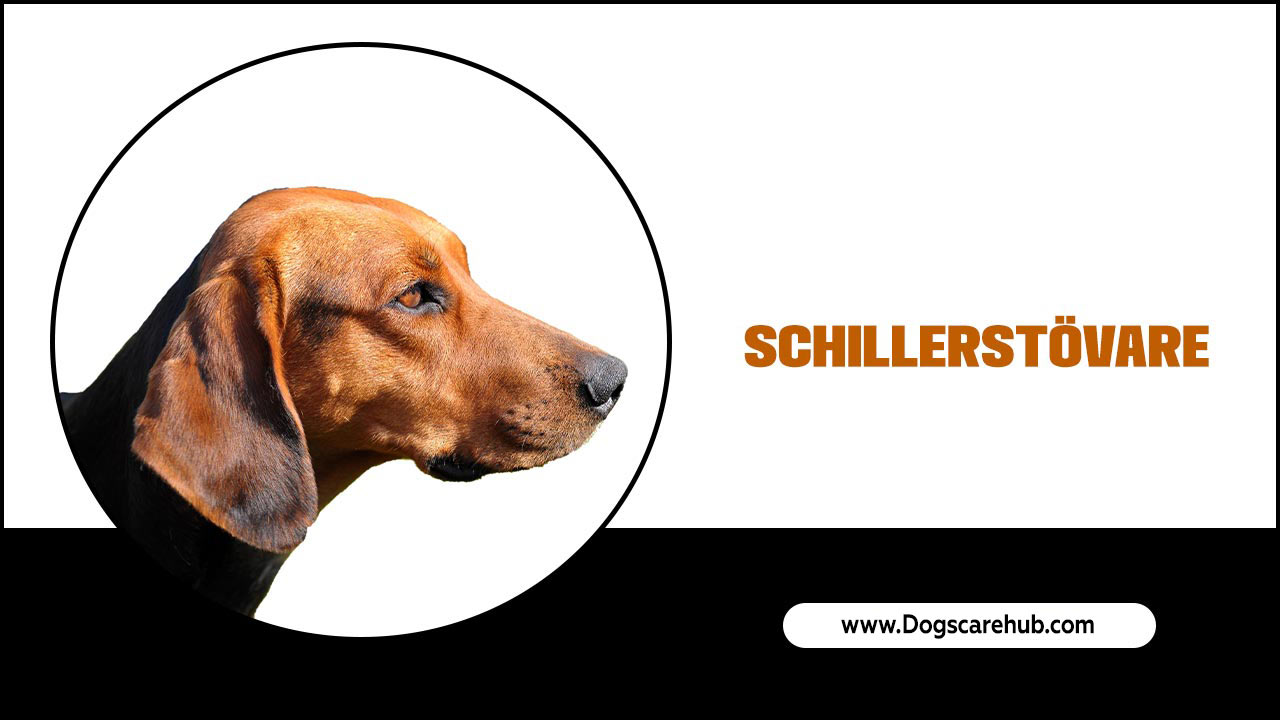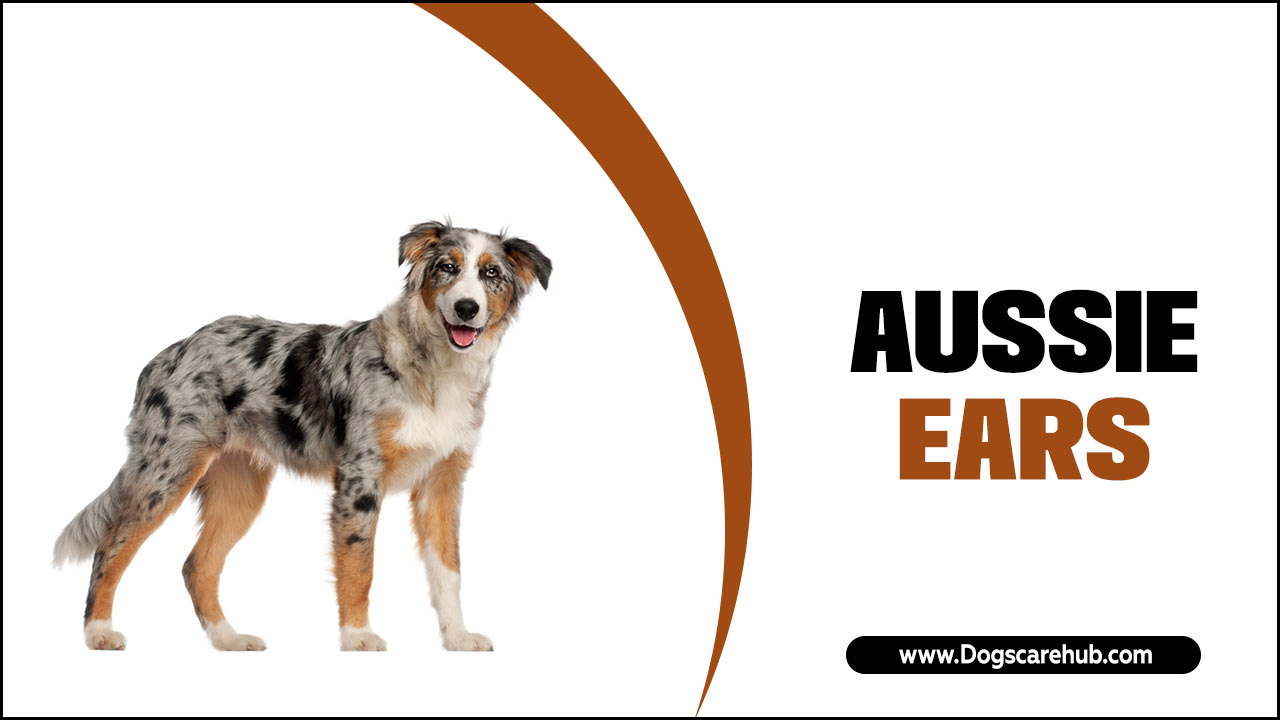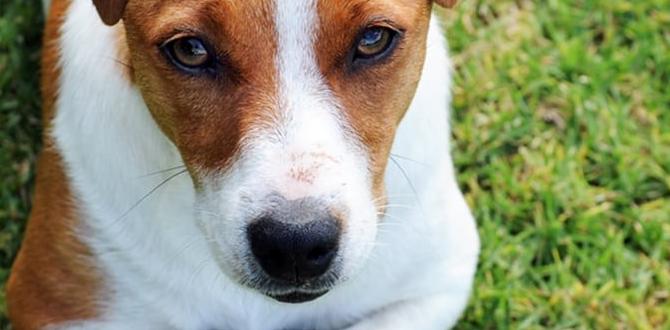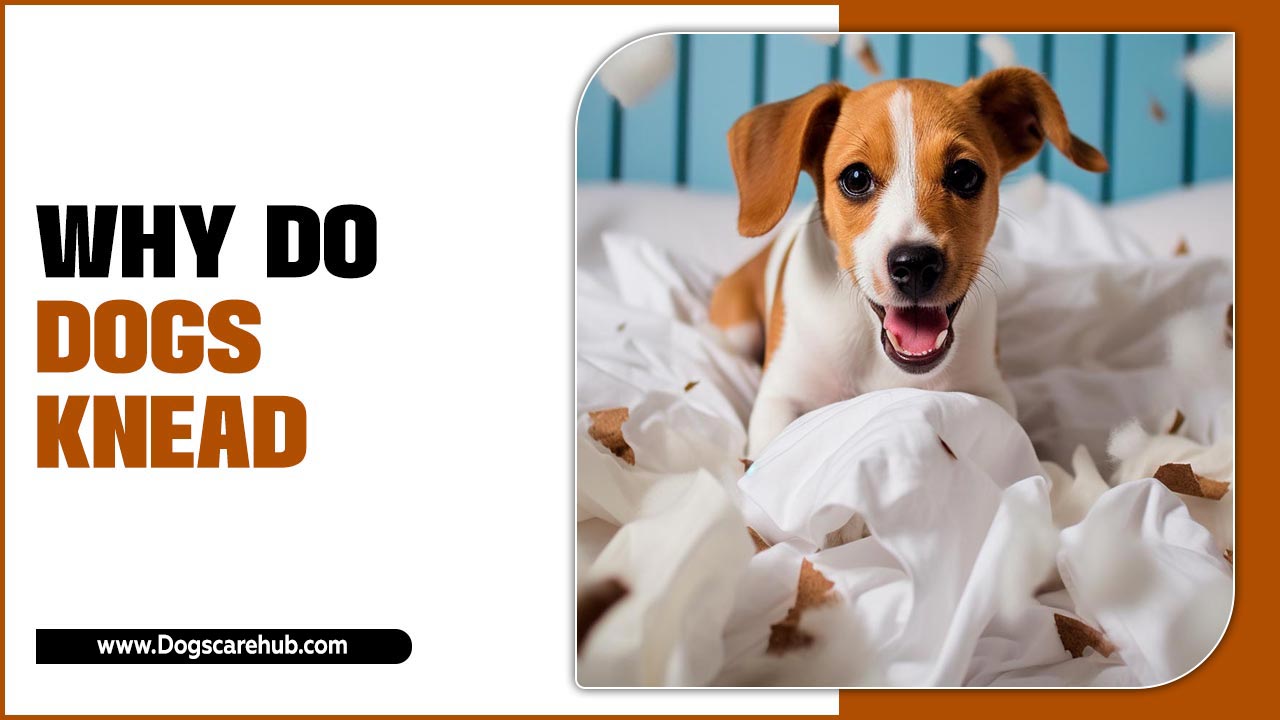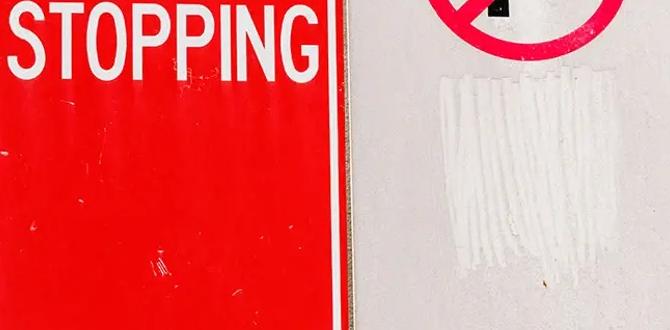Do you have a Labrador that seems to scratch more than usual? Are you worried that your pup may have allergies? Many dog owners face this problem. It can be frustrating when your furry friend isn’t feeling well. Luckily, there’s hope with low-fat dog food for allergies.
Dogs, just like people, can have food sensitivities. Your Labrador may need special care. Imagine trying to find the right food that helps your dog feel better and stay healthy. It’s a challenge, but low-fat options can make a big difference.
Did you know that some dog foods can trigger allergic reactions? It’s true! Many popular brands contain common allergens. That’s why choosing the right diet is key. Low-fat dog food for allergies can help ease discomfort and keep your Labrador happy.
Isn’t it amazing how nutrition can transform your dog’s life? With the right low-fat food, you can support your Labrador’s health and manage allergies. In this article, we will explore the best choices for your beloved pet. Let’s dive into how these options can lead to happier days for your furry companion.
Low-Fat Dog Food For Allergies For Labradors: A Guide
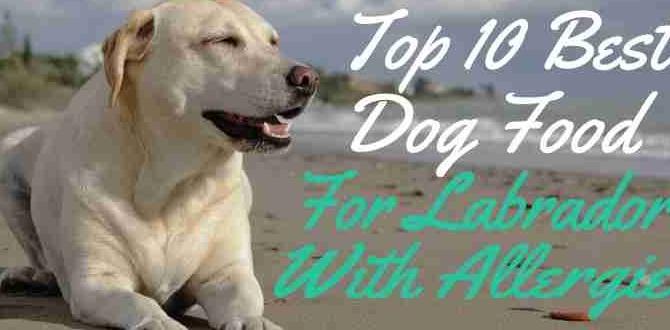
Low-Fat Dog Food for Allergies for Labradors
Low-fat dog food can be a lifesaver for Labradors with allergies. Many dogs suffer from skin issues or stomach problems due to certain ingredients. Choosing the right food helps manage allergies while maintaining a healthy weight. You might be surprised to learn that certain grains and proteins can trigger reactions. Exploring high-quality, low-fat options ensures your furry friend stays happy and active. Have you noticed your Labrador scratching more than usual? It might be time to switch their food!The Importance of Diet for Labrador Retrievers
Understanding the nutritional needs of Labradors. Connection between diet and health issues in Labradors.A Labrador’s diet is super important! It helps them stay healthy and happy. These friendly pups need the right mix of proteins, fats, and vitamins. A balanced diet can keep allergies at bay. Poor food choices might lead to problems like weight gain or itchy skin. Have you seen a Labrador nibble on a salad? Me neither! A good diet helps them run and play without worry.
| Key Nutrients | Benefits |
|---|---|
| Proteins | Build strong muscles and support growth. |
| Fats | Provide energy and keep their coat shiny. |
| Vitamins | Boost immunity and promote overall health. |
So, next time you choose food for your Labrador, remember: a happy pup equals a happy home!
Identifying Allergies in Labradors
Common signs of food allergies in Labradors. Testing and diagnosing allergies in dogs.Labradors can have food allergies, just like people. It’s important to spot the signs early. Common signs include:
- Itchy skin or rashes
- Swelling around the face
- Stomach troubles like vomiting or diarrhea
- Ear infections
To find out if your dog has allergies, visit a vet. They might suggest tests such as:
- Skin tests
- Blood tests
- Food trials
Early detection helps in managing allergies well, keeping your Labrador happy and healthy.
What are common signs of food allergies in Labradors?
Itchy skin, stomach issues, and ear infections are the key signs of food allergies in Labradors.
How are allergies tested and diagnosed in dogs?
Allergies in dogs are often diagnosed through skin tests, blood tests, or special food trials.
What to Look for in Low-Fat Dog Food
Key ingredients that benefit Labradors with allergies. Understanding the significance of lowfat formulations.Choosing low-fat dog food for Labradors with allergies can be tough. Look for some key ingredients to help your furry friend stay healthy and happy. First, protein sources like chicken or turkey can be great. They provide energy without excess fat. Also, whole grains like brown rice are good for digestion. Don’t forget the importance of low-fat formulas! These help dogs maintain a healthy weight, which is vital for Labrador’s joints. Now, do you think your pup prefers broccoli or peanut butter? Just kidding, but balance is what matters!
| Key Ingredients | Benefits |
|---|---|
| Lean Proteins | Boosts energy while reducing fat |
| Whole Grains | Aids digestion and keeps them full |
| Omega Fatty Acids | Supports skin health and reduces itching |
Top Low-Fat Dog Food Brands for Allergic Labradors
Reviews of popular lowfat dog food brands. Comparison of ingredients and benefits in each brand.Finding the right low-fat dog food for labradors with allergies can be tough. Here are some top brands that dog owners love:
- Blue Buffalo Life Protection: This food has real meat as the first ingredient. It has no artificial colors or preservatives.
- Hill’s Science Diet: This brand focuses on easy digestion and includes great vitamins. It helps keep skin healthy.
- Wellness Core: A grain-free option packed with protein. It’s great for maintaining a healthy weight.
Each brand has unique benefits. Always check the ingredients first. Good food can make your labrador feel and look better!
What should I look for in dog food for allergies?
Look for high-quality proteins, no fillers, and clear labels. Your dog needs healthy ingredients!
Homemade Low-Fat Dog Food Recipes for Labradors
Safe ingredients to use when cooking for allergic Labradors. Stepbystep recipes for lowfat meals.Cooking for your Labrador can be fun and safe! Use ingredients that are good for their allergies. Some great options are brown rice, sweet potatoes, and lean meats like chicken or turkey. Here are two simple low-fat recipes:
- Chicken and Rice Bowls: Cook chicken and mix it with brown rice and carrots. Serve cool.
- Turkey Sweet Potato Mash: Boil sweet potatoes and mash them with cooked turkey. It’s tasty!
When changing to low-fat foods, do it slowly. Mix new food with old food. This helps your dog get used to the change. Start with a small amount and gradually increase the new food over a week.
What safe ingredients should I use for my allergic Labrador?
Use safe ingredients like brown rice, lean chicken, and carrots. Avoid common allergens like wheat and dairy. Keep your pup happy and healthy with these choices!
Tips for Transitioning to Low-Fat Dog Food
- Mix new food with the old food.
- Increase the new food slowly over a week.
- Watch for any allergic reactions.
Consulting with Veterinarians About Diet
Importance of professional guidance in managing allergies. How to discuss dietary changes with your veterinarian.It’s smart to get your vet’s advice when your Labrador has allergies. They know the best ways to manage these itchy issues. Asking about dietary changes is vital. Start by sharing your dog’s allergies, symptoms, and any food he loves or hates—like kale (seriously, who likes kale?).
Here’s a quick guide for discussing diet with your vet:
| Discussion Points | Questions to Ask |
|---|---|
| Dietary Needs | What low-fat dog food do you recommend? |
| Allergen Identification | Which ingredients should I avoid? |
| Transition Tips | How should I switch foods safely? |
Don’t forget to bring your dog along for a sniff test on new foods. Happy pups make for happy owners!
Additional Care for Allergic Labradors
Importance of regular checkups and monitoring. Supplementing diet with other health practices.Regular visits to the vet are very important for labradors with allergies. These checkups help catch problems early. Monitoring their health at home is also vital. Watch for changes in their skin or behavior. Make sure to give them low-fat dog food for allergies. This supports their overall health.
- Ask your vet about supplements.
- Keep your labrador’s environment clean.
- Regular exercise boosts their immune system.
How can I ensure my labrador stays healthy with allergies?
Feed them a balanced diet and schedule regular vet visits. Monitor their health at home and provide a clean living space. Staying active also helps your labrador feel better.
Conclusion
In summary, low-fat dog food can help Labradors with allergies. It reduces skin issues and supports a healthy weight. Always look for high-quality ingredients. We should read labels carefully and consult a vet for advice. If you’re unsure about what to feed your dog, try different options to find the best one. Explore more information to ensure your pet stays happy and healthy!FAQs
What Are The Best Low-Fat Dog Food Options For Labradors With Food Allergies?For Labradors with food allergies, you can try special low-fat dog foods. Look for brands like Hill’s Science Diet or Royal Canin. These have healthy ingredients and are easy on your dog’s stomach. Always check for allergens like chicken or beef. You can ask your vet for more advice, too!
How Can I Identify Specific Allergens In My Labrador’S Diet When Selecting Low-Fat Dog Food?To find out what allergens might be in your Labrador’s food, you can start by reading the label. Look for common ingredients like chicken, beef, or wheat that might cause allergies. You can also try a food with only one new ingredient at a time. If your dog reacts badly, you’ll know that ingredient is a problem. Always talk to your vet if you’re unsure!
Are There Any Specific Ingredients To Look For Or Avoid In Low-Fat Dog Food For Labradors With Allergies?Yes, when choosing low-fat dog food for Labradors with allergies, look for simple ingredients. Good options include rice, lamb, or fish. Avoid foods with lots of fillers, like corn or wheat. You should also skip artificial flavors and colors. Always check for meat as the first ingredient.
Can Low-Fat Dog Food Provide Enough Nutrition For Labradors With High Energy Needs, Especially For Those With Allergies?Low-fat dog food can work for Labradors with high energy needs, but it’s tricky. You must check the ingredients. Some low-fat foods might not have enough protein or calories. If your dog has allergies, look for special formulas that fit their needs. Always ask your vet if you’re unsure!
How Can I Transition My Labrador To A New Low-Fat Dog Food Without Triggering Allergy Symptoms?To switch your Labrador to a new low-fat dog food, do it slowly. Start by mixing a little bit of the new food with the old food. Each day, add more of the new food and less of the old food. This helps your dog’s tummy get used to the change. Watch for signs of allergies, like itching or upset stomach. If you see any, talk to your vet.
Meet Elyse Colburn, the devoted canine companion and storyteller behind the enchanting world of “Tales, Tails, and Adventures Unleashed.” A passionate dog enthusiast with a heart full of paw prints, Elyse Colburn shares heartwarming tales and insightful adventures, celebrating the joy, loyalty, and endless antics that make every dog a true hero. Join Elyse Colburn on this tail-wagging journey, where every post is a love letter to our four-legged friends.

